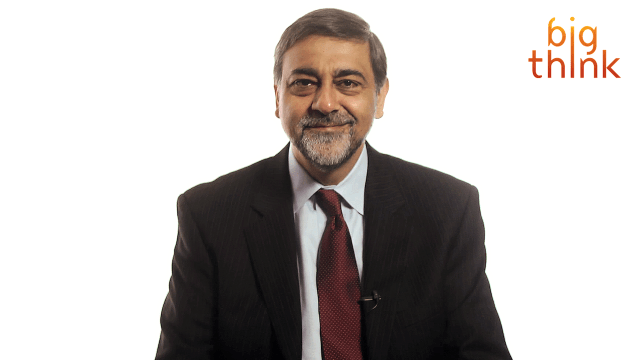Lawyers With Masculine Voices are Less Likely to Win in Court

Abraham Lincoln wouldn’t have done well in the political races today. When he spoke, he spoke with a shrill, tenor voice. Studies have found that people today tend to vote for a politician with a deeper, more masculine-sounding voice. But in the courtroom, the bias leans in the opposite direction.
In a recent study, covered by New Scientist’s Andy Coghlan, researchers found male lawyers have a better chance of winning a case if their voices are more gentle. Alan Yu from the University of Chicago and Legal Theorist Daniel Chen of ETH Zurich in Switzerland headed the study in which they explored legal cases with male attorneys to see if their voices had any impact on the outcome.
They took 60 recordings of male lawyers during Supreme Court trials, making the traditional opening statement, “Mister Chief Justice, may it please the court.” The researchers then asked 200 participants to listen and rate how masculine each attorney sounded, and if they perceived the speaker to be attractive, confident, intelligent, trustworthy, and educated. After controlling for certain elements, such as age and experience, and then factoring in the ratings from participants, the researchers found that the less-masculine voices won the day. Fair and balanced trials may not be the case if jurors have a distinct bias towards how a lawyer sounds. But Yu and his team have no idea why this bias exists–it’s a mystery.
It’s true we all carry biases when meeting new people and judging certain situations, but when it can affect the outcome of a political race or whether someone is convicted of a crime it’s no longer so trivial. Casey Klofstad, a Political Scientist at the University of Miami, who ran his own studies on how voice affected voter preference, explained:
“The only way around it is to make people aware of the bias, and hope they are mindful of it when listening.”
Read more at New Scientist
Photo Credit: Shutterstock





